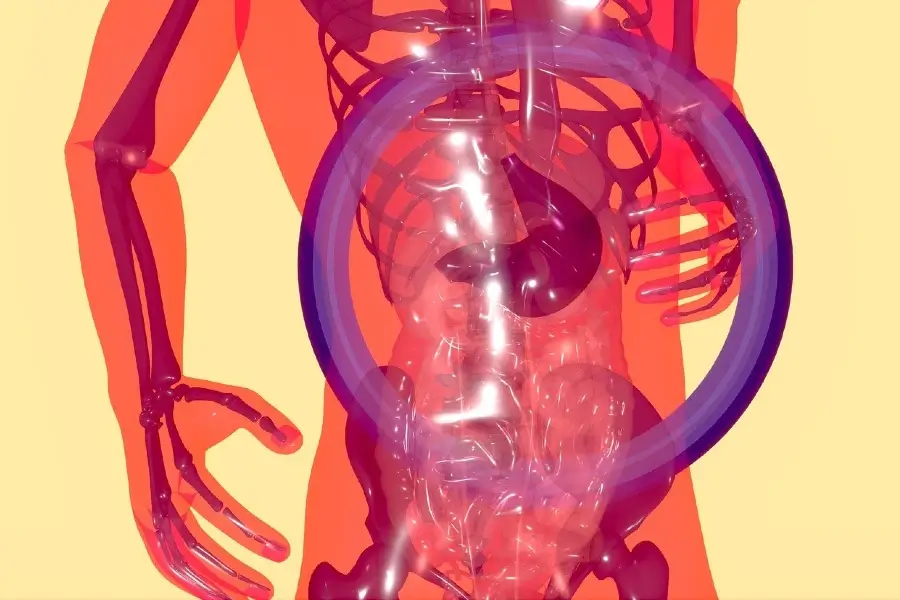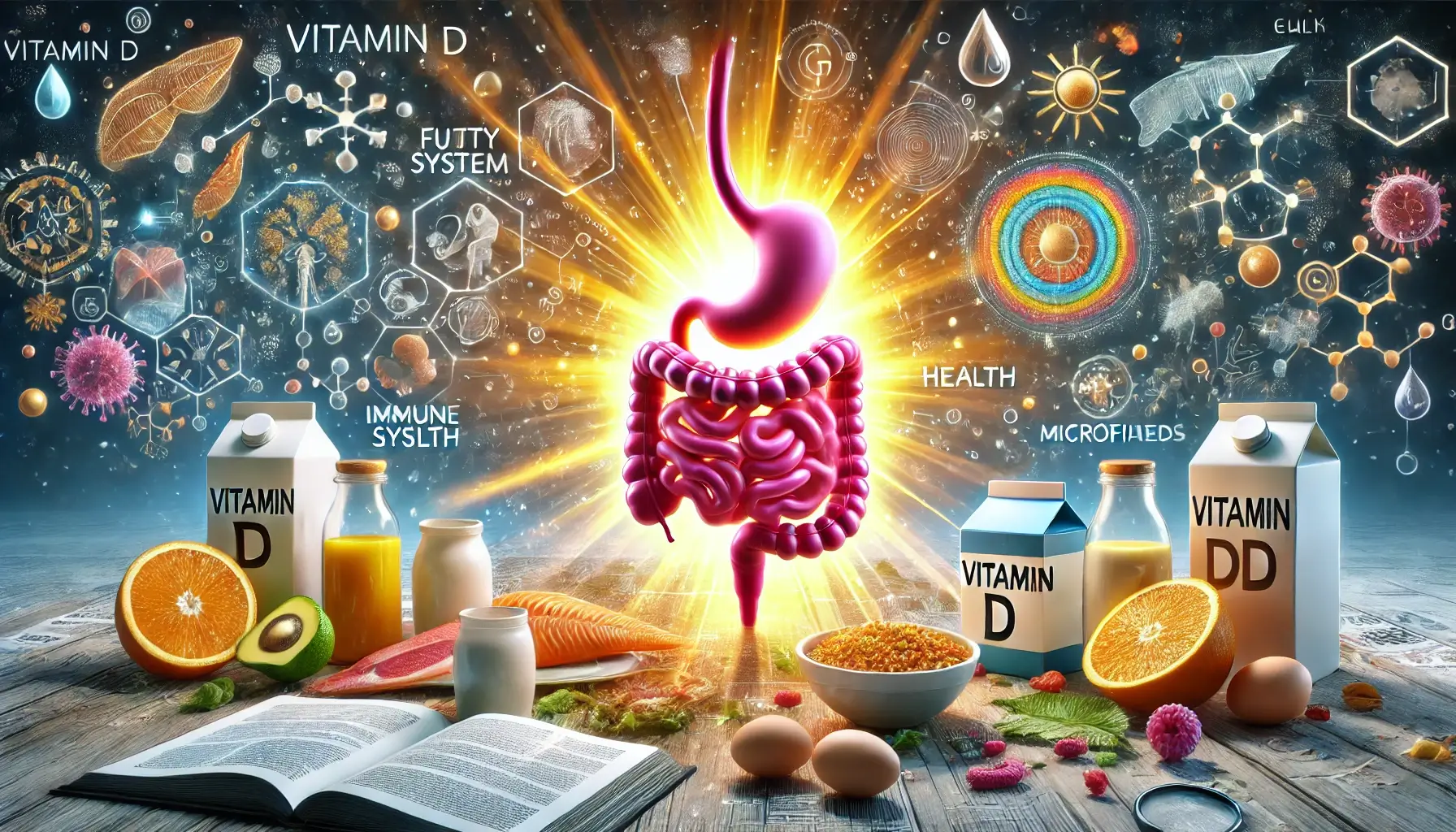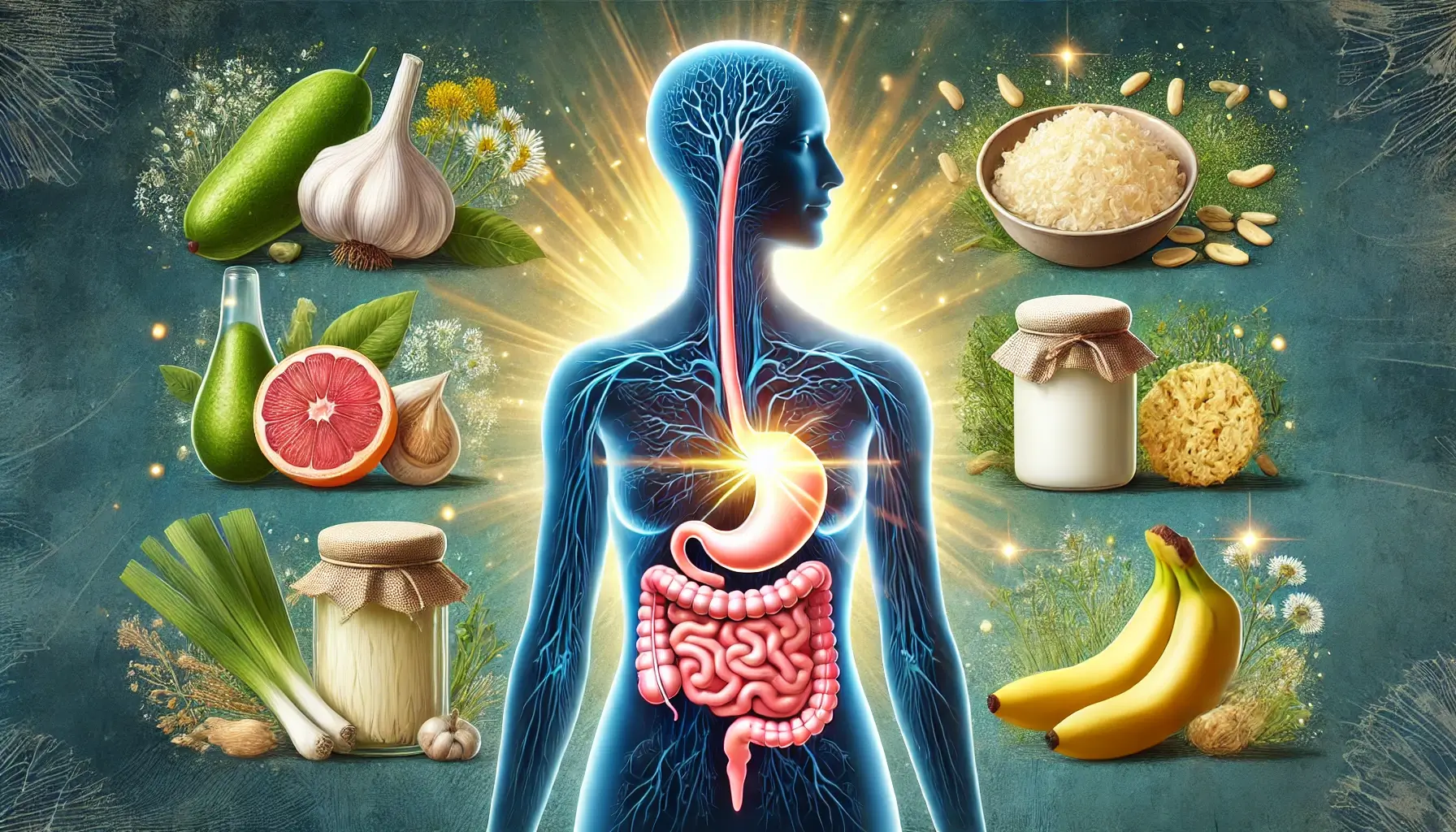Giardia Infection Causes Stomach Pain and Gas
You are correct; stomach pain and gas are common symptoms of giardia infection. Here’s an explanation of how giardia might create these problems:
Intestinal Irritation: Giardia lamblia, a small protozoan parasite, causes the intestinal infection known as giardiasis. This parasite has the unusual capacity to cling to the lining of the small intestine, essential for its survival and multiplication in the human host.
Giardia lamblia attaches to the intestinal epithelium using specific structures on its surface known as ventral sucking discs. These discs allow the parasite to firmly adhere to the intestinal lining, providing a stable base from which to suck nutrients and escape the body’s natural defenses.
Once attached, Giardia lamblia causes an inflammatory reaction in intestinal tissues. This inflammatory reaction is characterized by the production of different chemical mediators, including cytokines and prostaglandins, which cause irritation and swelling of the intestinal wall.
This irritation and inflammation can cause gastrointestinal symptoms.
This irritation and inflammation can cause gastrointestinal symptoms, including abdominal pain, diarrhea, nausea, and nutrition absorption issues.
The presence of Giardia lamblia in the small intestine might increase the inflammatory response, resulting in chronic or recurring giardiasis.
If left untreated, the irritation and inflammation can worsen, resulting in malnutrition, weight loss, and, in some cases, intestinal obstruction.
Understanding how Giardia lamblia adheres to the intestinal lining and the ensuing inflammatory processes it causes is critical for developing effective treatment and prevention options against this prevalent parasite illness.
Disrupted Digestion: The parasite interferes with the natural digestive process, preventing optimal nutritional absorption. This can cause gas production as undigested food ferments in the intestines.
Giardia can also interfere with fat absorption. Malabsorption can cause fatty stools and increased gas.
You should consult a doctor if you have stomach pain, gas, or other symptoms suggestive of a giardia infection.
Other symptoms of giardia infection, in addition to stomach pain and gas, may include:
- Diarrhea which is typically foul-smelling and runny
- Nausea and vomiting
- Stomach pains and bloating
- Loss of appetite
- Fatigue
- Weight loss
You should consult a doctor if you have stomach pain, gas, or other symptoms suggestive of a giardia infection. They can confirm the diagnosis with a stool test and then prescribe medicine to eliminate the parasite.
Here are some extra factors to consider:
Not everyone with giardia infection exhibits all of the symptoms. Symptoms usually emerge 1-3 weeks following exposure to the parasite. While most infections resolve independently within a few weeks, some require medicine. If you are concerned about a giardia infection, consult a healthcare expert for an accurate diagnosis and treatment.













